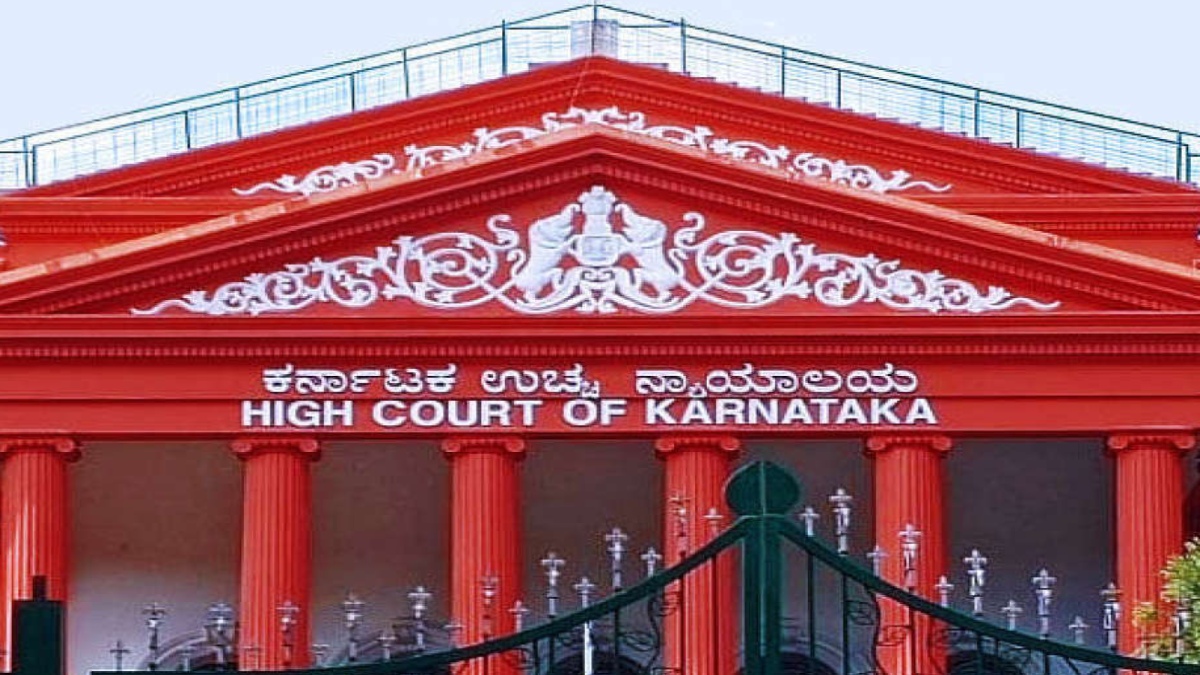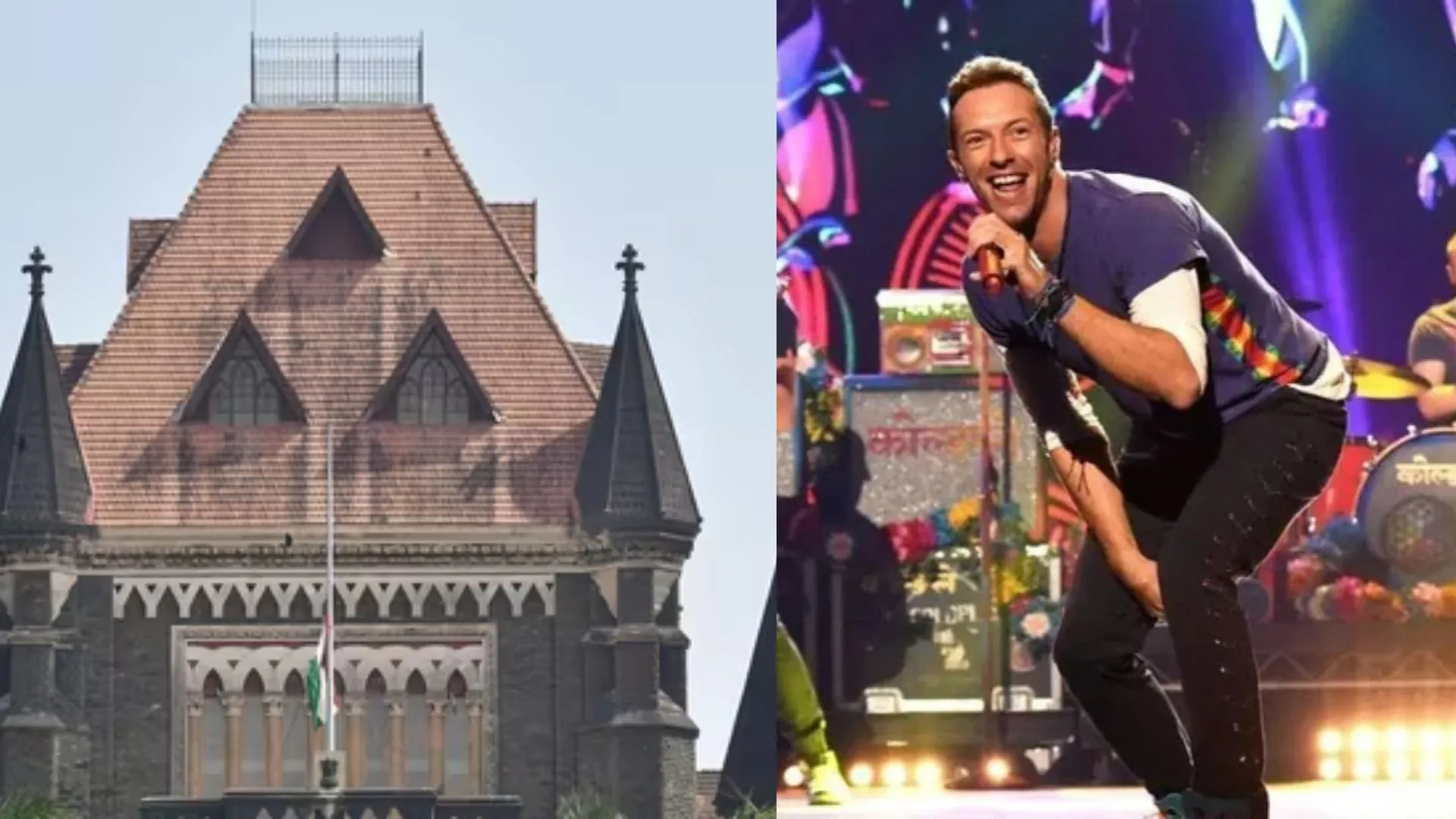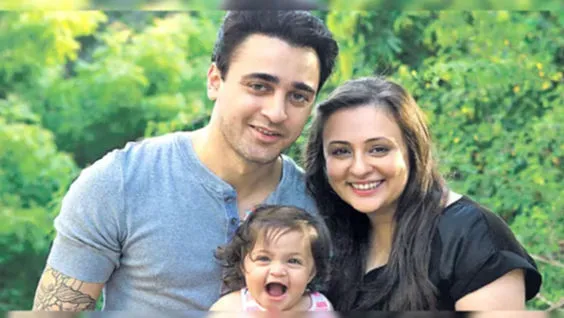It is extremely gladdening to learn that the Karnataka High Court in a learned, laudable, landmark and latest judgment titled Kumari D v State of Karnataka in W.P. No. 104344/2021 (GM-RES) delivered just recently on November 17, 2021 has held most commendably that the right of a woman to exercise her reproductive choice is a dimension of “personal liberty” as understood under Article 21 of the Constitution of India and she has a sacrosanct right to have her bodily integrity protected. The Court was dealing with a case where the medical practitioner had refused to terminate the pregnancy of a 16 years old rape survivor, as it had crossed 24 weeks as set down in Section 3 of the Medical Termination of Pregnancy Act, 1971. The petitioner had approached the court urging that she cannot be forced to carry the burden of crime and cannot be compelled to deliver a baby which has been conceived against her will. The Court rightly endorsed her valid contentions!
Before stating anything else, it is mentioned in this brief, brilliant, bold and balanced judgment about the purpose that this writ petition is filed under articles 226 and 227 of the Constitution of India praying to issue writ in the nature of mandamus directing the respondent no.2 to medically terminate the pregnancy of petitioner minor victim forthwith.

To start with, this commendable, courageous, composed, cogent and convincing judgment authored by a single Judge Bench of Justice NS Sanjay Gowda of Karnataka High Court sets the ball rolling by first and foremost putting forth in para 1 that, “Kumari D., a minor girl aged 16 years has presented this petition through her mother seeking for a direction to the 2nd respondent to medically terminate the pregnancy forthwith.”
In the fitness of things, the Bench then states in para 2 that, “For the sake of protecting the privacy and confidentiality of the minor girl and her family, both her name and her mother’s name are not being stated and shall not be stated in the records which would be in the public domain.”
To put things in perspective, the Bench then envisages in para 3 that, “It is the case of the petitioner that she was a victim of a sexual crime which was inflicted on her on 08.02.2021. In respect of this sexual crime, Crime No.142/2021 has been registered by the Sadalaga Police Station for the offences under Sections 376(2)(n), 366(A), 506, 34 of the Indian Penal Code (for short ‘IPC’) and under Sections 4 and 6 of the Protection of Children from Sexual Offences Act, 2012 (for short ‘POCSO Act’), against two persons who incidentally are a father and son duo.”
As it turned out, the Bench then discloses in para 4 that, “The petitioner states that her case was referred to the Child Welfare Committee established under the Juvenile Justice Act and the said Committee requested the 2nd respondent to medically terminate the pregnancy of the petitioner. The Committee also informed the 2nd respondent that the mother had also given her consent for termination of pregnancy.”
While adding a caveat, the Bench then pointed out in para 5 that, “However, it appears that the medical practitioner and the 2nd respondent were of the view that the pregnancy could not be terminated as the outer limit of 24 weeks set down in Section 3 of the Medical Termination of Pregnancy Act, 1971 (hereinafter called as ‘the 1971 Act’) had passed.”
Quite rightly, the Bench then specified in para 6 that, “The petitioner is therefore before this Court contending that she cannot be forced to carry the burden of crime and cannot be compelled to deliver a baby which has been conceived against her will. The petitioner is calling upon this Court to exercise its constitutional power under Article 226 of the Constitution of India and to direct the medical practitioner to terminate the pregnancy. It is submitted that there cannot be a curtailment of the constitutional power of this Court by any statutory limitations. It is also contended that if the petitioner is forced to deliver the child, it would be a direct infringement on the fundamental guarantee to her under Articles 14 and 21.”
Needless to say, the Bench then states in para 8 that, “The 1971 Act was enacted to provide for termination of certain pregnancies by registered Medical Practitioners and the matters connected therewith.”
Be it noted, the Bench then enunciates in para 16 that, “It is thus clear that the law creates a statutory presumption of grave injury to the mental health of the pregnant woman if she alleges that the pregnancy was caused due to an alleged rape.”
Quite significantly, the Bench then while citing the relevant case law discloses in para 19 that, “A three-Judge Bench of the Hon’ble Supreme Court in the case of Suchita Srivastava and Ors. Vs. Chandigarh Administration reported in (2009) 9 SCC 1 has held as under:
“There is no doubt that a woman’s right to make reproductive choices is also a dimension of ‘personal liberty’ as understood under Article 21 of the Constitution of India. It is important to recognise that reproductive choices can be exercised to procreate as well as to abstain from procreating. The crucial consideration is that a woman’s right to privacy, dignity and bodily integrity should be respected. This means that there should be no restriction whatsoever on the exercise of reproductive choices such as a woman’s right to refuse participation in sexual activity or alternatively the insistence on use of contraceptive methods. Furthermore, women are also free to choose birth-control methods such as undergoing sterilisation procedures. Taken to their logical conclusion, reproductive rights include a woman’s entitlement to carry a pregnancy to its full term, to give birth and to subsequently raise children.””
Most significantly, what forms the crown of this laudable judgment is then stated in para 20 that, “It is therefore clear that the right of a woman to exercise her reproductive choice is a dimension of “personal liberty” as understood under Article 21 of the Constitution of India and she has a sacrosanct right to have her bodily integrity protected. The act of forcing a woman to bear with an unwanted intrusion on her body and endure the consequences of that intrusion would be a clear transgression of her inviolable fundamental right of “personal liberty” guaranteed under Article 21 of the Constitution.”
Quite candidly, the Bench then also pointed out in para 21 that, “In the instant case, the petitioner, who is aged just about 16 years is being forced to continue with her pregnancy which has been caused because of a crime perpetrated on her. It is to be borne in mind that a minor may not even know that she has become pregnant by the rape inflicted on her and may have become aware of the pregnancy only at a late stage due to visible physical changes on her body. In fact, the visible changes may also not manifest itself within 20 weeks and even if it does manifest itself, a minor girl may not understand it or may be scared of revealing her state of affairs due to plain fear or possibility of certain social repercussions or also being held responsible for her status.”
Adding more to it, the Bench then clearly stated in para 22 that, “It should also be kept in mind that a minor who has been raped and has become pregnant due to it, will be forced not only to be a victim of the crime but would also be compelled to bear with the burden of the crime inflicted on her by forcing her to deliver a child, the conception of which, was not due to the exercise of her reproductive choice. In fact, the fate of the child if delivered, may also be perilous and detrimental to its own interest given the social stigma that would hover around it.”
What’s more, the Bench then stipulates in para 23 that, “Thus, in cases of rape inflicted on minor girls, though there are certain statutory limitations prescribed under the 1971 Act, they would essentially be applicable only to medical practitioners. In such cases, the requirement to terminate the pregnancy medically would have to be considered and examined in an altogether different light by the Constitutional Courts.”
To be sure, the Bench then observes in para 24 that, “It cannot be in dispute that the statutory limitations imposed in a statute cannot be an impediment or a restriction on the exercise of Constitutional power of the High Courts. The exercise of this constitutional power would obviously be exercised rarely, sparingly and in exceptional circumstances and would obviously rest on the facts of each case.” As we see, the Bench then notes in para 25 that, “In fact, this is the view enunciated by the constitution bench of the Apex Court in the case of State of West Bengal Vs The Committee for Protection of Democratic Rights, West Bengal and ors reported in (2010) 3 SCC 571, wherein at paragraph 44 (v), it has been held as follows:
“(v) Restriction on the Parliament by the Constitution and restriction on the Executive by the Parliament under an enactment, do not amount to restriction on the power of the Judiciary under Article 32 and 226 of the Constitution.””
Of course, the Bench then holds in para 28 that, “Thus, essentially, the 1971 Act seeks to provide for termination of pregnancy only under specified conditions keeping in mind the injury that would be caused to the pregnant woman and the unborn child if the pregnancy is continued. The Act, in fact, allows termination of pregnancy by a medical practitioner, without reference to the length of the pregnancy or without reference to the pre-conditions requisite for conducting them, if the continuance of the pregnancy constitutes a risk to the very survival of the pregnant woman.”
No doubt, the Bench then graciously concedes in para 29 that, “In this case, the petitioner is just 16 years of age and her capability to deliver a child and foster it in the social milieu that she exists will have to be kept in mind while considering her request for terminating the pregnancy. In the facts and circumstances of this case, in my view, the capability of the petitioner to bear and rear the child, would be in serious doubt given the fact that she is just 16 years old, and her parents are not possessed of means. The consequences of continuing the pregnancy on the future life of the 16 year old would be quite severe and detrimental to a dignified life as contemplated under Article 21 of the Constitution.”
Furthermore, the Bench then specifies in para 30 that, “However, in order to ascertain and be satisfied as to whether the continuation of pregnancy did constitute grave mental injury to the petitioner, an interim order was passed on 16.11.2021 directing 2nd respondent to constitute a Medical Board comprising of a Gynecologist, a Pediatrician and a Radiologist or Sonologist and directed the said Board to subject the petitioner to a medical examination.”
For clarity’s sake, the Bench then mentions in para 31 that, “This order directing the constitution of a Medical Board was passed keeping in view the qualifications prescribed for the members of the Board in Section 3(2B) of the 1971 Act (which was inserted by the Amending Act 8 of 2021).”
It cannot be glossed over that the Bench then enunciates in para 34 that, “Thus, in the considered opinion of the Medical Board, the pregnancy of the petitioner needs to be terminated as continuing pregnancy would endanger the physical and mental health of the petitioner. The Medical Board has also stated that the length of pregnancy as on 17.11.2021 was 25 weeks and 3 days, which would be beyond the period of 24 weeks by 1 week 3 days.”
It deserves mentioning that the Bench then crucially observes in para 35 that, “The Pediatrician, who was a part of the Medical Board, has opined that it would be a case of high-risk pregnancy as the petitioner was a teenage mother and it would also pose a grave risk on the fetus. The Psychiatrist has noted that if the pregnancy is continued, the petitioner will develop anxiety and the extending anxiety could lead to a definite depression which would in turn have a bearing on the mental health of the petitioner. He has also specifically observed that social problems arising out of the petitioner’s status would also have an effect on the mental health of the petitioner.”
As a corollary, the Bench then holds in para 36 that, “In my view, having regard to the circumstances explained above and the specific opinion rendered by the Medical Board, the petitioner has made out a case for issuance of a direction to terminate the pregnancy.”
Finally, the Bench then concludes by holding in para 37 that, “In the result, the writ petition is disposed off directing the 2nd respondent to ensure the medical termination of pregnancy of the petitioner-Kumari ‘D’, (the name of the petitioner is mentioned as ’D’ for the sake of confidential) in accordance with the provisions of Medical Termination of Pregnancy Act, 1971 forthwith having regard to the opinion rendered by the Medical Board. A copy of the operative portion of this order be furnished to the learned HCGP forthwith.”
In conclusion, it must be said that in similar such cases all the Judges must definitely adhere to what Hon’ble Justice NS Sanjay Gowda has exemplarily laid down in this notable judgment. It has been very rightly held that the right of a woman to exercise her reproductive choice is a dimension of personal liberty under Article 21 of the Constitution. This certainly brooks no interference by anyone!
To be sure, the Bench then observes in para 24 that, “It cannot be in dispute that the statutory limitations imposed in a statute cannot be an impediment or a restriction on the exercise of Constitutional power of the High Courts. The exercise of this constitutional power would obviously be exercised rarely, sparingly and in exceptional circumstances and would obviously rest on the facts of each case.”























